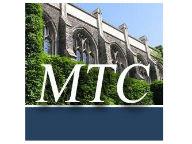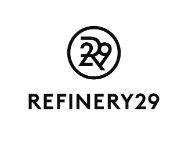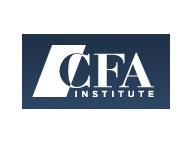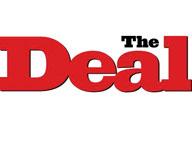Faculty News
—
Professor Robert Whitelaw discusses China's central bank's move to stimulate the housing market
—

Excerpt from China Radio International -- "Real estate really is a local phenomenon. So it makes perfect sense that the first-tier cities have one policy and that there would be a different policy for second- and third-tier cities. ... The focus ... needs to be a little bit bigger. If you're thinking about the local government, it's not about propping up the housing market. It's not about the symptom, if you will, which seems to be this excess inventory. It's really about the cause. The reason why there's excess inventory is because there isn't enough economic development. There's not enough demand. ... I think the solution is twofold: economic development and time."
Faculty News
—

Excerpt from China Radio International -- "Real estate really is a local phenomenon. So it makes perfect sense that the first-tier cities have one policy and that there would be a different policy for second- and third-tier cities. ... The focus ... needs to be a little bit bigger. If you're thinking about the local government, it's not about propping up the housing market. It's not about the symptom, if you will, which seems to be this excess inventory. It's really about the cause. The reason why there's excess inventory is because there isn't enough economic development. There's not enough demand. ... I think the solution is twofold: economic development and time."





















